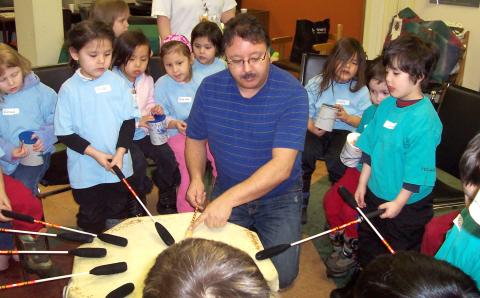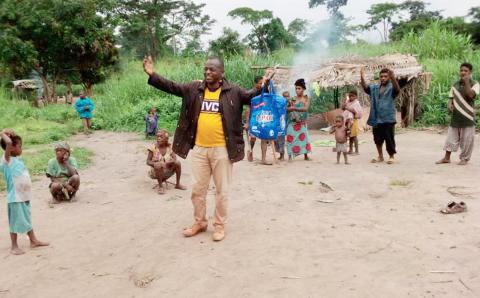When the Council of Delegates of the Christian Reformed Church met for its May meeting, it covered a large agenda, including the first denominational budget based on ministry share pledges, a decision to take Bethany Christian Services off the list of organizations recommended for church offerings, and recommending a new leadership structure.
The 53-member Council includes a delegate from each classis (regional assembly) of the CRC plus four at-large delegates. It serves in the interim of synod, the church’s broadest assembly, between synod’s annual meetings. All items recommended to Synod 2021 will be processed when the Council meets in June in lieu of synod, which was canceled due to the ongoing coronavirus pandemic. The Council met May 5-7 by video conference. It has not convened in person since February 2020.
Divided Votes
Delegate opinions about a few matters were divided, but a heated debate about the denomination’s proposed new leadership structure took the most time.
The proposal intends to bring the denomination’s governance structure into compliance with Canadian tax laws governing charities. Many Canadian delegates were unhappy, saying the new leadership structure does not achieve parity between the U.S. and Canada. Their attempt to pause the process failed in a 28-18 vote.
Another issue that divided delegates was whether to remove Bethany Christian Services from the list of organizations recommended for church offerings. Bethany changed its policy and now offers its services, including foster placement and adoption of children, to same-sex couples. Some delegates thought the organization should still be supported because of all the good work it does. Others said that the Bethany policy contradicts the CRC’s position on same-sex relationships and should no longer be recommended. The Council voted 23-21 to recommend that synod remove Bethany from the list.
Other Matters
The Council of Delegates also
- voted 33-16 to allow Calvin University to change the process for appointing a president. Instead of synod, Calvin’s board of trustees will now appoint the university’s president. The change allows Calvin to recruit a president in a more timely way. This will also be presented to Synod 2022 for adoption.
- approved a budget based on ministry share pledges that are about 11% less than last year’s income.
- noted that Dr. Pablo Kim has been hired in Canada as senior leader for anti-racism and intercultural conciliation.
- heard that there would be a temporary pause in the work of the Collaborative Church Planting Team due to a staffing change at Resonate Global Mission.
- recommended to Synod 2021 that all Council members must sign a Code of Conduct prior to service on the Council in addition to signing the Statement of Agreement with the Beliefs of the CRCNA.
- approved raising salaries of denominational employees by 3%, with a 4% merit program.
- approved the appointment of John Bolt to the position of deputy executive director. (At the Council’s February meeting, the CRCNA U.S. Corporation authorized executive director Colin Watson Sr. to appoint a deputy with responsibility for U.S. ministry operations, effective until at least June 2022.)
- adopted search team mandates to hire new directors for Disability Concerns and the Office of Social Justice/Office of Race Relations. Mark Stephenson, current director of those agencies, announced he will retire at the end of 2021.
- heard updates on the morale of the CRC’s justice staff and spent about two hours engaged in conversation, prayer, and reflection focused on cultivating love and civility.
- elected a new executive committee: Andy de Ruyter, Greta Luimes, Michael Ten Haken, and John R. Lee. Also appointed to the executive are committee chairs (or vice chairs) Heather Cowie, David A. Struyk, Melissa Van Dyk, and Laurie Harkema. De Ruyter will be president of the Council. The appointments are effective July 1.
Two corrections were made to this story May 18, 2021: new members of the Council of Delegates executive committee include the chairs or vice chairs of the Council's standing committees; four names that were originally reported as being part of the executive committee were removed (those individuals are new officers of either CRCNA Canada Corporation or the U.S. Corporation but are not part of the full Council's executive committee).
About the Author
Gayla Postma retired as news editor for The Banner in 2020.









